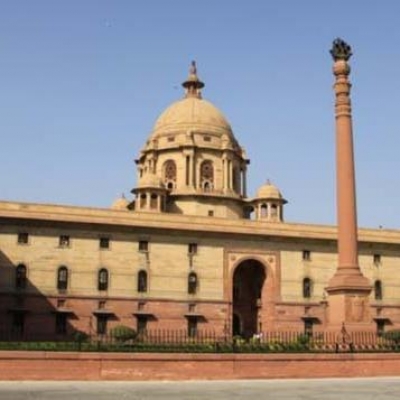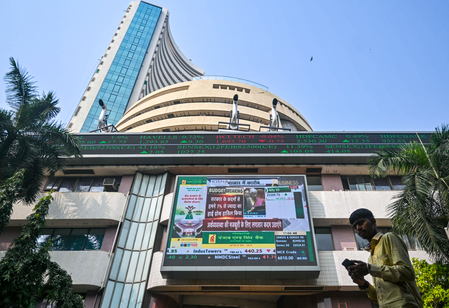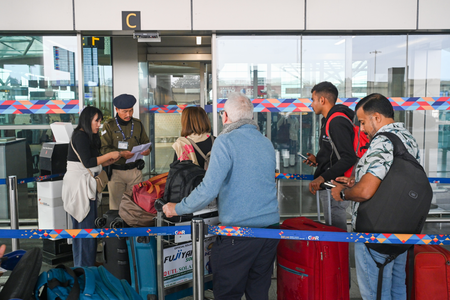
New Delhi, Sep 7 (IANS) Boeing’s Starliner spacecraft on Saturday landed back safely on Earth without astronauts, after a three-month trip to the International Space Station (ISS).
“Touchdown #Starliner,” Boeing posted on social media platform X.
“Touchdown, #Starliner! The uncrewed spacecraft landed at New Mexico’s White Sands Space Harbor at 12:01 am ET (9.31 am IST) on Saturday, September 7,” added NASA.
Starliner landed uncrewed following NASA’s decision, taken on August 24, to not return Indian-origin Sunita Williams and Butch Willmore on the faulty spacecraft over “lack of safety and performance requirements for human spaceflight”.
The uncrewed return “allows NASA and Boeing to continue gathering Starliner performance data..while also not accepting more risk than necessary for its crew”, the US space agency said.
Williams and Willmore are now expected to return to Earth in February 2025 with the agency’s SpaceX Crew-9 mission.
The Starliner flew to the ISS with Williams and Willmore on a week-long mission. But as the spacecraft approached the orbiting lab, it experienced a series of technical issues such as the failure of several thrusters and helium leaks in the propulsion system.
While Boeing proclaimed the safety of Starliner, NASA officials have disagreed.
During the crucial review meeting held last week, NASA Administrator Bill Nelson noted that the agency’s “decision to keep Butch and Suni aboard the International Space Station and bring Boeing’s Starliner home uncrewed is the result of our commitment to safety”.
Meanwhile, NASA announced that both Williams and Willmore “are safe aboard the space station”
Along with the Expedition 71 crew the duo are supporting station research, maintenance, and Starliner system testing and data analysis. They recently completed research on fiber optic cables and growing plants aboard the ISS, NASA said.
Expedition 71 crew consists of NASA astronauts Matthew Dominick, Mike Barratt, Jeanette Epps, and Tracy C. Dyson, as well as Roscosmos cosmonauts Oleg Kononenko, Nikolai Chub, and Alexander Grebenkin.
–IANS
rvt/




